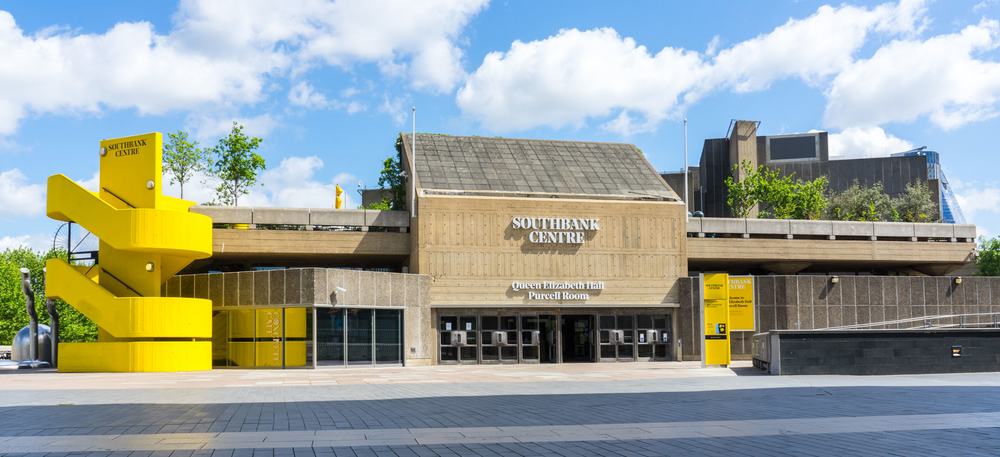

The Southbank Centre is a complex of artistic venues in London, located on the South Bank of the River Thames. It was created in 1951 as part of the Festival of Britain, which sought to give Britons a sense of recovery and progress after the ravages of World War II. The Royal Festival Hall is the oldest building within the centre, and it remains a symbol of the post-war revival of London's cultural scene.
Over the years, the centre expanded to include additional venues such as the Queen Elizabeth Hall and the Purcell Room (both opened in 1967), followed by the Hayward Gallery (opened in 1968). These venues served to diversify the range of cultural offerings, attracting both locals and tourists interested in theatre, music, and visual arts.
The Southbank Centre has played a significant role in establishing London as a world-renowned center for arts and culture. It quickly became a centerpiece for artistic expression and a major draw for tourists seeking cultural experiences. Events like the London Literature Festival and the Meltdown Festival have only added to its prestige and appeal.
In recent times, the Southbank Centre has embraced contemporary trends with a focus on inclusivity and diversity. It frequently hosts festivals that celebrate different cultures and communities, endearing itself to a wider audience. The addition of food markets and outdoor events has broadened its appeal, blending arts with social experiences. Dynamic programming and use of digital platforms have further boosted its status among tourists who now often share their experiences online, thus attracting new visitors.
Located in the heart of London, the Southbank Centre is easily accessible by public transport. Visitors can enjoy a range of performances, exhibitions, and eateries. It's always advisable to check the official Southbank Centre website for the latest events, ticket information, and visiting guidelines.
The Southbank Centre has come a long way since its inception during the Festival of Britain. Through its dynamic evolution, it continues to maintain a unique place in London's tourism history, growing and reshaping itself in response to the changing tastes and interests of visitors from around the globe.